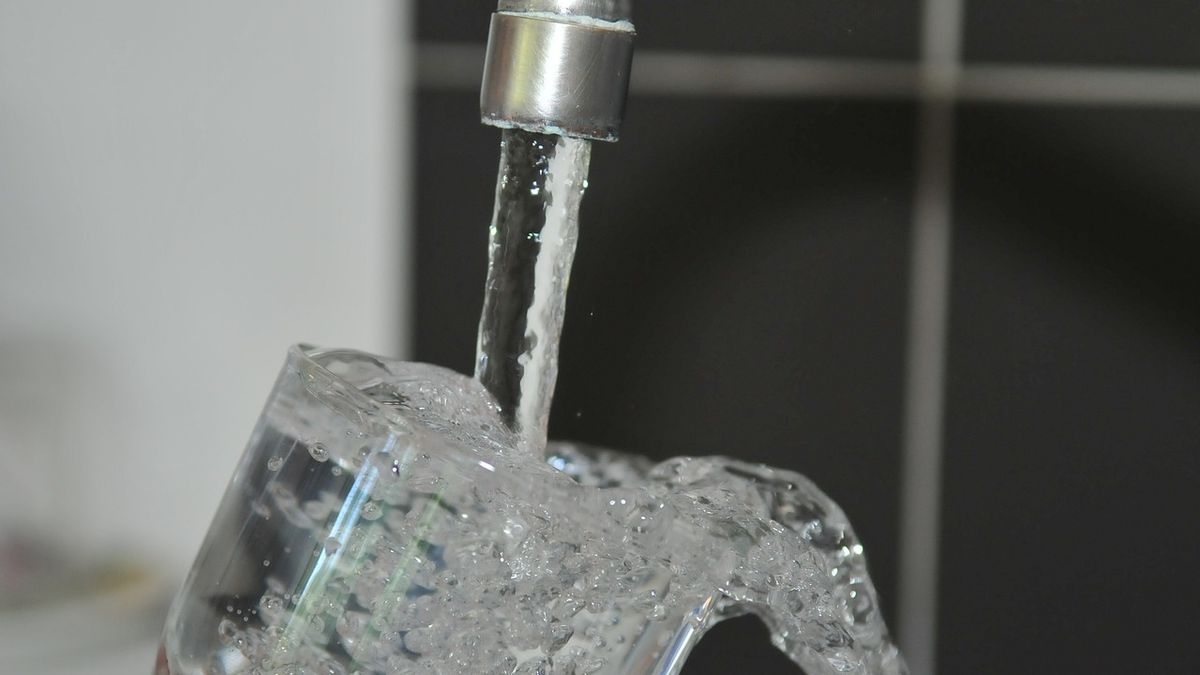The compound was authorized by the MSP in the disinfection process, within the framework of the water deficit that Uruguay is going through.
Between the water crisis that crosses Uruguay, he Ministry of Public Health (MSP) enabled the supply of OSE to continue with higher levels of sodium and chloride than normal, but also allowed the presence of trihalomethanes, that are formed by the disinfection of water for its potability, an element that raised doubts about its impact on health.
The content you want to access is exclusive to subscribers.
During the week, the MSP formalized the possibility that SBI can continue distributing water with higher salinity levels for more than a month, with a maximum of 440 milligrams of sodium and 720 milligrams of chlorides per liter of water. However, it also enabled the presence of trihalomethanes, a component that is not naturally found in water and is considered as potentially carcinogenic.


As explained to Underlined Alba Negrin, from the chair of toxicology at the Hospital de Clínicas, trihalomethanes are considered category 2 B carcinogens, that is, they are “potentially” harmful. However, he clarified that for that its consumption must be given for years, something that is not contemplated in the country, since the measure was taken in the face of “an exceptional situation”, in the framework of the water crisis.
On this point, Negrín asked “don’t let people be scared” since the water is disinfected “to avoid diseases and problems”. As for trihalomethanes, he insisted that for them to be harmful they would have to have “chronic exposure over many years, but this is a exceptional situation”. The doctor explained that trihalomethanes “are formed by the disinfection of water with chlorine” to avoid waterborne diseases, of which “Uruguay has been free for many years,” she explained.
In the midst of the crisis, bottled water became more expensive
The drinking water situation led to an increase in bottled water sales, many of which increased their values up to 3.94% during the last week in Montevideo, according to the latest survey of the Consumer Price Information System (SIPC) prepared by the Ministry of Economy and Finance (MEF).
Regarding the amount of sales, a report by the Scanntech company revealed that still water registered a average year-over-year increase of 224% in Montevideo and Canelones, due to the increase in salinity of the service provided by OSE.
Source: Ambito




